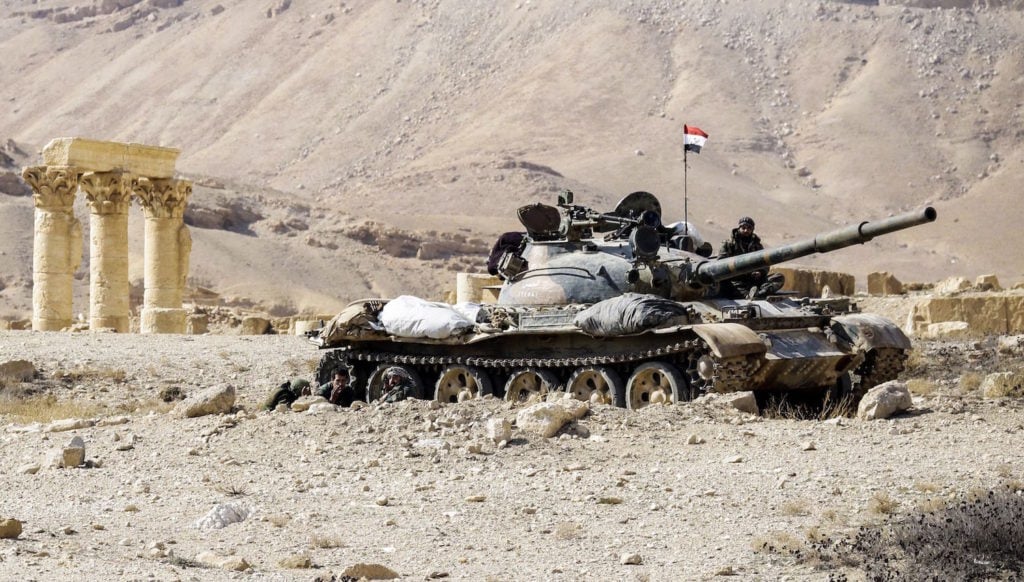Law & Politics
Islamic State Income from Looted Antiquities Grossly Overestimated
New research shoots down previous $100 million estimate.

New research shoots down previous $100 million estimate.

Henri Neuendorf

Western media keep portraying IS as an organization that exploits Syrian cultural heritage in order to finance its campaign of terror, but new research published in Die Zeit suggests that this image is largely inaccurate.
Last June, the Guardian estimated that IS had generated $36 million from the sale of antiquities “up to 8,000 years old” stolen from archaeological digs from Syria’s al-Nubuk region. The German weekly newspaper Die Zeit reported that an analyst from the American think tank Brookings estimated IS’s total income from the sale of antiquities as nearer to the $100 million mark.
However in a new investigative article about IS’s revenue streams, also published in Die Zeit, the illegal trade of antiquities isn’t even mentioned. In an email, one of the contributors, Yassin Musharbash referred artnet News to his blog post in which he writes that the income generated from the illegal sale of antiquities may be substantially lower than previously thought.
Musharbash writes that “We in no way doubt that antiquities are being stolen and sold in Iraq as well as Syria,” however he clarifies “IS does in fact allow criminals to dig out and steal such antiquities in exchange for a fee – but it is not necessarily involved directly in selling.”
He concludes that “IS is probably not making that much money off antiquities after all … They may be making some money through the above-mentioned fees, but we assume that it is not exactly millions they are generating that way.”
In addition, as the General Director of Syrian National Museum, Maamoun Abdulkarim, told Die Zeit, his primary concern is not the illegal trade of artifacts, “Our problem is destruction,“ he stressed. IS’s eradication of temples, churches, Shia Mosques, and anything else that doesn’t correspond to their beliefs is far more problematic.